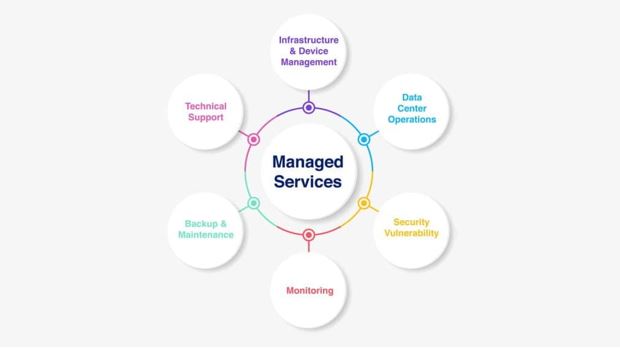What to Do If You Can No Longer Work After an Injury
Losing the ability to work can hit hard. First, you have to deal with the loss of paychecks, and after a while, it can feel like you’ve lost your whole identity and purpose. Whether your injury happened at or outside of work, the impact can be intense.
However, there are steps you can take to protect yourself and secure your financial future.
- Contact a lawyer
Never try to pursue an injury claim alone. Whether you’re negotiating with an insurance adjuster or filing a lawsuit, you need a lawyer. It doesn’t matter how obvious your case may seem – the other side will work hard to discredit you and devalue or outright deny your claim. On top of that, you’ll struggle to get fairly compensated.
With the help of a personal injury attorney, you’ll be in a better position to win the compensation you deserve. It won’t cost you anything for a free case evaluation and many injury lawyers won’t charge you anything unless you win.
- Document your medical condition in detail
Complete medical documentation is the foundation of a successful claim. It doesn’t matter if you’re working with insurance, disability, or a personal injury lawsuit – you need solid medical documentation.
Document every medical appointment, procedure, ER visit, hospital stay, test, and prescription you pick up. After the fact, request a copy of your medical records. Ask for all reports, notes, prescriptions, evaluations, test results, and anything else in your file. These documents will be necessary to prove the severity of your condition.
Don’t just get a general doctor’s note. You need a clear diagnosis from a specialist, if possible. This will give you more credibility in court. Remember to get a statement from your doctor describing exactly what you can and can’t do, and make sure you don’t go outside those parameters, even if you feel like you can do something. Insurance companies often launch surveillance against injury claimants looking for reasons to deny their claim.
- Apply for disability benefits
If you have short-term or long-term disability benefits, apply as soon as possible. They don’t kick in automatically and compensation can take a while to arrive, so don’t wait.
File for short-term disability first. This will cover a percentage of your usual income while you recover or find long-term support. But don’t wait until your short-term coverage ends to apply for long-term disability. It can take months to get approved, so start sooner than later.
- File for workers’ compensation
If you were hurt on the job, you’ll most likely need to file a workers’ compensation claim to get financial compensation. Workers’ comp is a no-fault system that pays injured workers for lost wages and medical bills. But you have to report your injury to your boss, meet all filing deadlines, and in some states, you need to see a specific doctor to get compensated.
According to the National Safety Council (NSC), the average compensation for workers’ comp is around $44,000. While you can probably recover more through a lawsuit, only a small number of work injuries qualify for skipping workers’ comp and going straight to a lawsuit. If you’re unsure, talk to an attorney to learn about your options.
- Stay mentally healthy
The emotional impact of losing the ability to work can be just as damaging as your physical injuries. Grief, anxiety, depression, and isolation are common experiences, but they don’t have to control you.
Start seeing a counselor right away. Talking to someone about what’s going on and how you feel can help you process the situation and feel calmer. Joining support groups with others who have experienced similar injuries will also be beneficial.
It also helps to build a new routine by engaging in hobbies. It will give you structure and can restore your sense of purpose that was lost. Other things you can do to protect your emotional well-being include:
- Meditation
- Journaling
- Light exercise
- Cognitive Behavioral Therapy (CBT)
- Setting small goals you can easily achieve
- Stay social with friends
- Spend more time outdoors
- Acknowledge how you’re feeling
- Listen to uplifting podcasts
You have options
If you’re hurt and out of work because of someone else’s negligence, you have options. It’s not the end. Whether you’re pursuing workers’ comp benefits or pursuing a personal injury lawsuit, you don’t have to do it alone. With a skilled attorney and some patience, you can get justice and the financial compensation you deserve.


